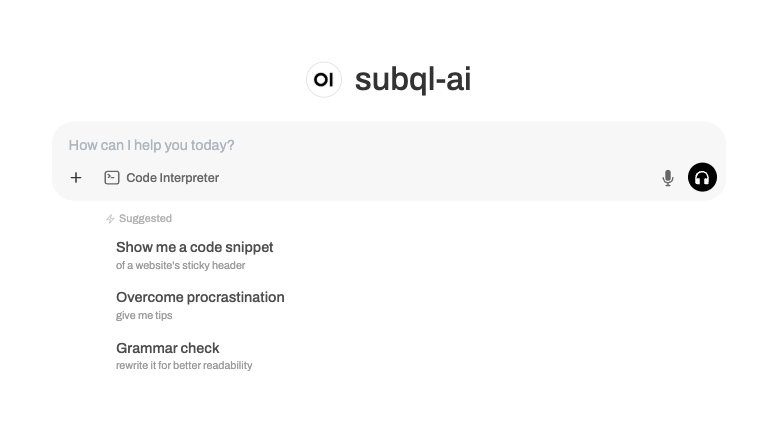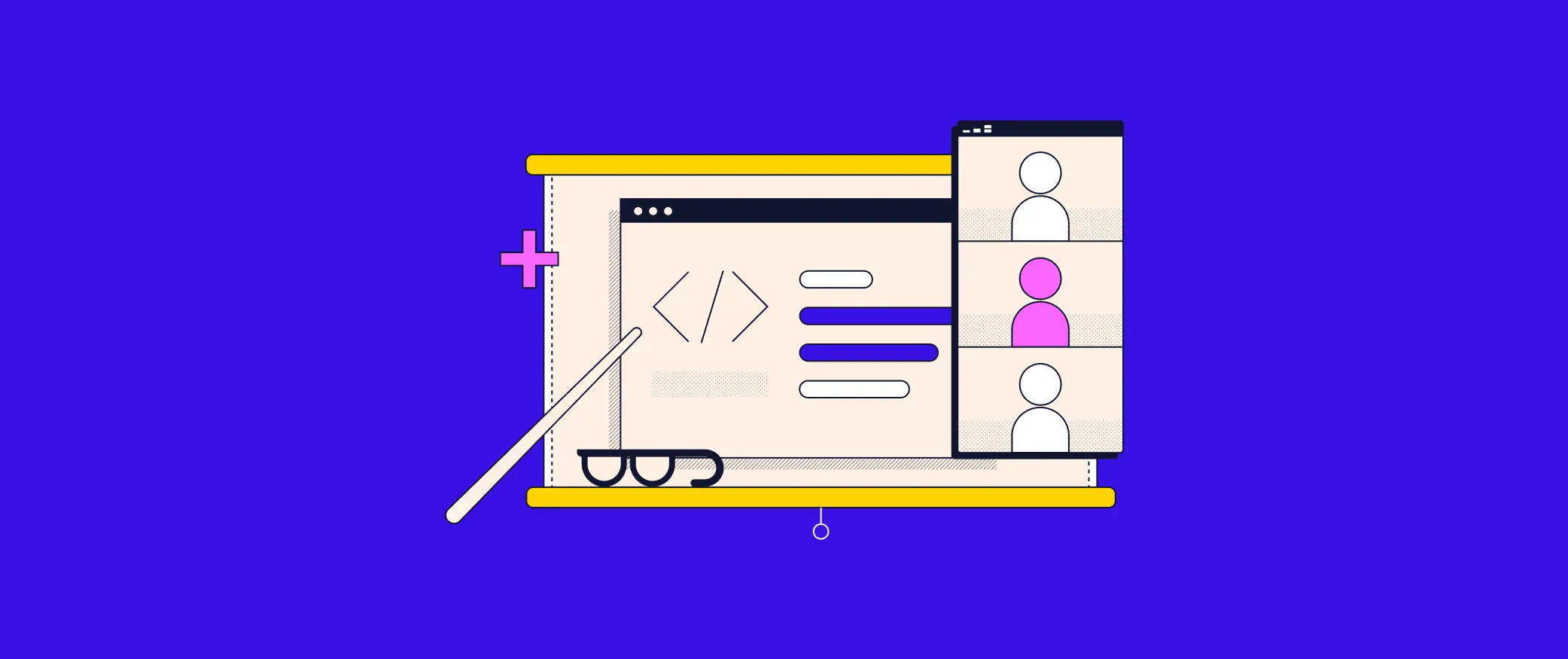7 Apps Made By Asian American Developers For The AAPI Community
Download these useful apps to support Asian American developers. The post 7 Apps Made By Asian American Developers For The AAPI Community appeared first on Codecademy Blog.
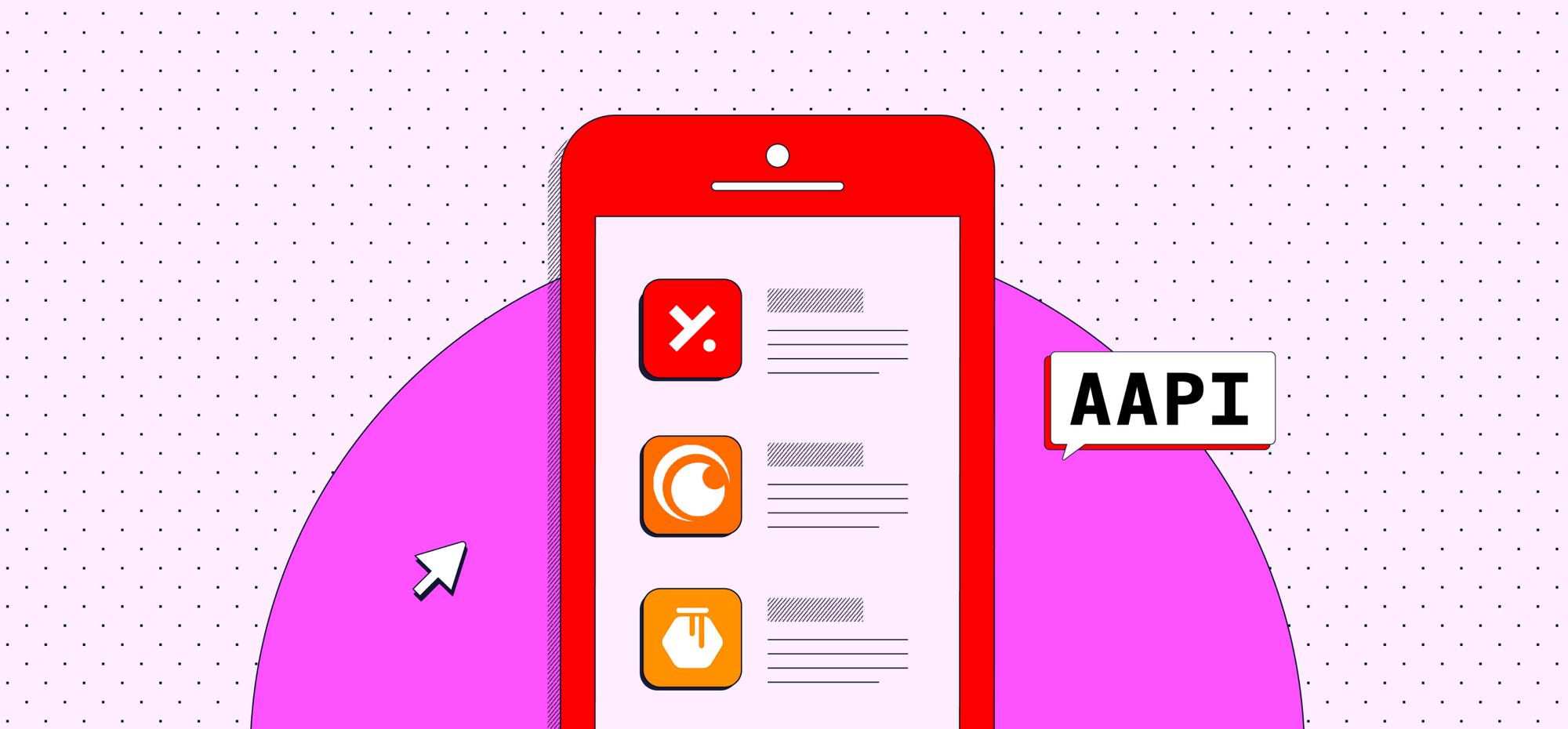
In honor of Asian Pacific American Heritage Month this May, we’re celebrating Asian American developers who’ve built useful and entertaining applications that bolster and give back to the Asian American community in some capacity.
Whether you’re looking for a way to order Asian grocery items or want to expand your knowledge of anime or Native Hawaiian history, here are five apps to download to show your support.
Timeless

Growing up with a grandmother with Alzheimer’s, Emma Yang saw firsthand how the illness can affect families and caregivers. As a resourceful programmer, Emma sought to build a mobile app that could help people with Alzheimer’s stay connected with friends and family, remember events, and recognize their loved ones.
“During the design process I often asked myself, What would my grandmother do? And how would this help her?” Emma said in a TEDx Talk. “I want to be able to empathize with how patients like my grandmother feel and understand how my app can help them live better daily lives.” Emma launched Timeless when she was 14 and in high school, and today she’s a student at Harvard and president of the Harvard College Quantum Computing Association.
Why we love it: The app incorporates AI-powered facial recognition technology in a few ways. Users can browse photos that are tagged with the names of people and their relationship, or use the camera app to identify people in front of them. Timeless is available in multiple languages including Simplified and Traditional Chinese as well as Spanish, making it more accessible for people around the world to use.
Learn more at Timeless.care.
Lilac

Angelina Tsuboi is an 18-year-old multi-hyphenate programmer, founder, and researcher who focuses on applying computational intelligence and AI to diverse fields like electromagnetism, astrophysics, quantum mechanics, and biology. In addition to running her own research lab Stellaryx Labs and building aerospace cybersecurity programs, Angelina has launched several apps over her programming career.
Lilac, an app that Angelina built in 2022, won the Student Swift Challenge at Apple’s Worldwide Developers Conference. The app provides resources for single parents to find childcare, housing, and translation services. Angelina built Lilac using React Native, Firebase, and Adobe Illustrator for the graphics.
Why we love it: The idea for Lilac came from Angelina’s lived experience. “My mom is a single mother and she’s from Japan,” she told Apple in a press release. “When she came here, she had problems with the language, so I made an app where you can find resources such as childcare or housing or grant opportunities, and translators in the community to help you connect with them.”
Download Lilac on the App Store.
Yamibuy

As a college student at Kansas State University, the closest Asian supermarket Alex Zhou could get to was two hours away — way too far to travel for his Chinese grocery staples like rice, chili oil, and tea. So when Alex graduated with a degree in electrical engineering, he founded Yamibuy, an e-commerce marketplace for buying Asian snacks, food, beauty, and health products in North America.
Alex’s mother owned businesses in China, which inspired him to become an entrepreneur, too. Being able to provide other Asian Americans with their comfort items is what makes the business so fulfilling: “Every time you’re homesick, [and] you want a taste of your hometown, you go to Yamibuy,” he said on an episode of the podcast Asian Hustle Network.
Why we love it: In addition to shrimp crackers and authentic K-beauty products, you can also find Asian kitchen appliances (like rice cookers and hot pots) and cooking tools on Yamibuy.
Download Yami on the App Store and Google Play.
Crunchyroll

Like lots of software engineers, Kun Gao and his classmates in the computer science program at UC Berkeley liked to build products in their spare time. One of their projects was a video sharing site that would eventually become the wildly popular anime streaming service Crunchyroll.
Kun had interned at the now-defunct site Hot or Not, where he got a taste of how to code something from scratch. “The lesson there was it’s actually not hard to build a web startup, especially if you’re an engineer with a little bit of product sense — you can literally code it all yourself,” Kun told the podcast Asian Hustle Network.
Crunchyroll came about back in 2006, when online video was a relatively new concept. “It wasn’t just something you can do off the shelf,” Kun told the podcast Rock the Boat. Kun and his co-founders had to make their own servers, find and customize encoders, figure out how to decode video on a web browser, and learn how to deliver the bits, he said. “There was actually a lot of heavy lifting,” he says.
Why we love it: If you’re just wading into anime and want to explore past seasons from popular shows, or you’re an anime stan who wants to stream episodes an hour after they air in Japan, it’s easy to find something for you on Crunchyroll. Plus, there are lots of language options for subtitles, making the content accessible to people who don’t speak Japanese.
Download Crunchyroll on the App Store or Google Play.
Block Party

Software engineer and diversity activist Tracy Chou created the app Block Party to give people a tool that could protect them from online harassment and abuse. “On the technical side, I’ve written code from the startup ground floor of three consumer web-scale platforms — Facebook, Pinterest, Quora,” Tracy wrote on the Block Party website. She saw the shortcomings in the anti-harassment tools that social media platforms offer, and decided to build something better.
Chou, whose parents are Taiwanese immigrants, is outspoken on social media and unfortunately has dealt with trolls, harassers, threats, and stalkers. “My whole life is oriented around how I can be safe, psychologically, mentally, and physically,” she told Fast Company. With the rise of anti-Asian racism and hate crimes in recent years, Block Party’s offerings are essential: A 2021 Pew survey found that 81% of Asian Americans said that violence against them is increasing.
Block Party offers a handful of anti-harassment tools for Twitter (though they aim to expand to other platforms), like customizable Lockout Filters that mute people who are most likely to harass you. (There’s a basic plan that allows you to use Block Party for free, or you can pay $12 a month for more advanced block lists and filters.)
Why we love it: The beauty of Block Party is that, once you enable the tools, you can continue to use social media as usual without stressing over what you might come across on your timeline. There’s even an option to enlist a trusted person as a “helper” who gets permission to mute, block, and remove harmful tweets for you so you don’t have to see them yourself.
Sign up for Block Party by connecting your Twitter account here.
Honeycomb

If you’re constantly sending photos and videos of your kid to far-flung loved ones, you’ll love Honeycomb, a private digital scrapbook for families.
Honeycomb started as a tool for families to record their own histories to pass down to younger generations. “For years, I begged my mom and dad to record the stories they used to tell me and my sister as kids, stories about their lives growing up in China during the Cultural Revolution, how they met, why they decided to come to the United States,” Amelia Lin, who co-founded Honeycomb with Nicole Wee, wrote in a blog.
Why we love it: You can post audio snippets (for all those baby giggles and first words) to Honeycomb in addition to photos and videos. And the app is free to use and offers unlimited storage — so there’s no worries about over-documenting.
Download Honeycomb on the App Store.
Native Stories

Native Stories is an audio app with a digital map of Hawaii and guided walking tours that teach you about the history behind points of cultural significance on the islands. Nohealani Hirahara Frizzell — whose ancestors originate from Maui, Kauai, and Japan — created the app to preserve indigenous Hawaiian wisdom and bring storytelling and oral tradition into the modern era. The audio tours, which are written and narrated by Native Hawaiians, only cost $1.99 to access, and all of the proceeds go to the Native Stories nonprofit.
Why we love it: You can download the audio tours to use offline if your service is spotty, plus there’s an option to read the text rather than listen to it. And if you’re not in Hawaii, you can always listen to the Native Stories podcast, which features interviews with inspiring indigeous people.
Download Native Stories on the App Store and Google Play.
Got your own idea for a genius app that helps your community? Be sure to check out our mobile development courses to learn how to build apps for iOS or Android devices. Our iOS Developer career path will teach you everything you need to know to make apps and start interviewing for app developer jobs.
This blog was originally published in May 2022 and has been updated to include additional apps made by AAPI developers.
Related courses
The post 7 Apps Made By Asian American Developers For The AAPI Community appeared first on Codecademy Blog.
What's Your Reaction?










![The Usability Testing Playbook [Expert Tips & Sample Questions]](https://www.hubspot.com/hubfs/usability-testing-1-20250305-3357250.webp)






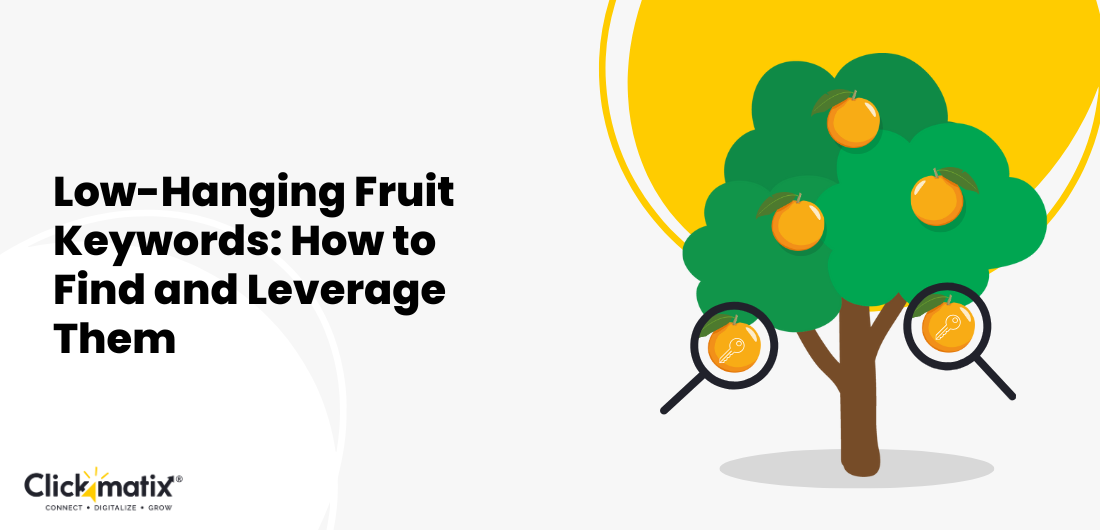

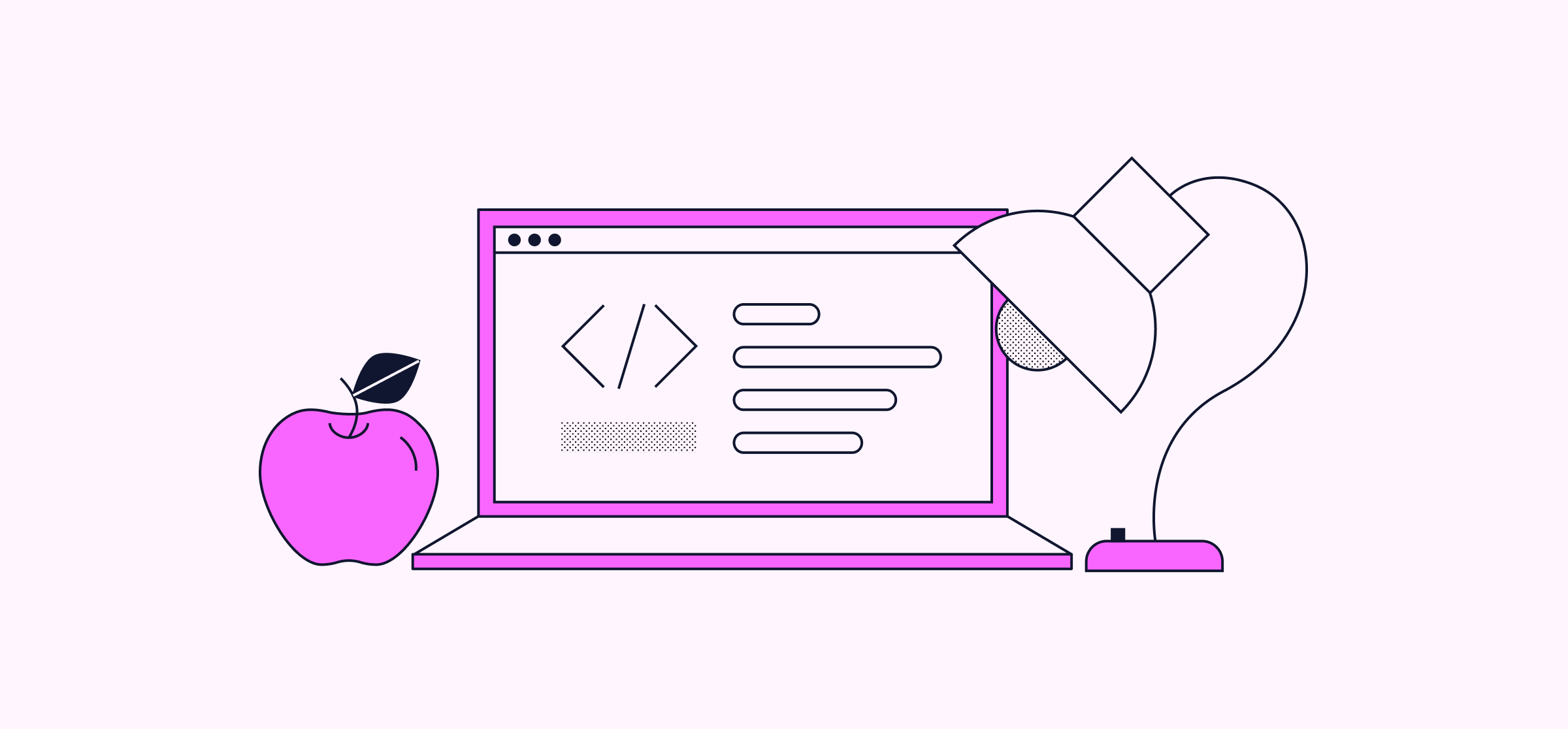





















.png)





















